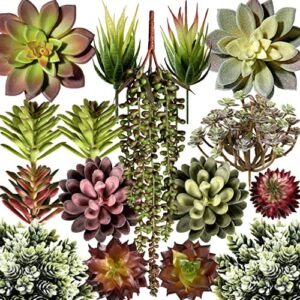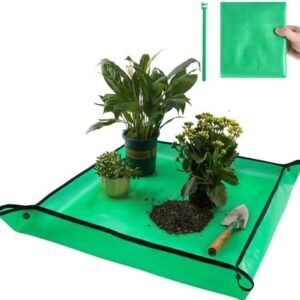As our world becomes more and more industrialized, it’s easy to forget about the beauty and importance of nature. But it’s crucial that we remember the impact that our actions have on the environment, and what better way to do that than through organic gardening?
Organic gardening is a way of growing plants without the use of synthetic chemicals or pesticides. Instead, organic gardeners rely on natural methods to keep their plants healthy, such as composting, companion planting, and using beneficial insects.
One of the main benefits of organic gardening is its positive impact on the environment. By avoiding the use of harmful chemicals, organic gardeners help to protect the soil, water, and air from pollution. In addition, organic gardens provide a habitat for beneficial insects and wildlife, creating a more balanced ecosystem.
But organic gardening isn’t just good for the environment – it’s also good for our health. Chemical pesticides and fertilizers can leave residues on our fruits and vegetables, which can be harmful to our bodies. By growing our own organic produce, we can be sure that we are eating food that is free from harmful chemicals.
In addition to these benefits, organic gardening also offers a sense of connection to the natural world. There is something deeply satisfying about watching a seed grow into a plant, and knowing that you played a part in that process. Organic gardening requires patience, care, and attention to detail, but the rewards are well worth the effort.
So how can you get started with organic gardening? It’s easier than you might think. You can start small, with a few pots of herbs on your windowsill, or dive right in with a full-scale vegetable garden. The key is to start with healthy soil – compost is a great way to improve the fertility of your garden beds.
Once your soil is ready, choose plants that are well-suited to your climate and soil type. Companion planting is a great way to naturally repel pests and boost plant growth – for example, planting marigolds alongside tomatoes can help to keep pests at bay.
Watering is another important aspect of organic gardening. It’s best to water deeply and infrequently, to encourage deep root growth. Mulching your garden beds can also help to conserve moisture and suppress weeds.
Of course, no garden is without its pests and diseases. But instead of reaching for the chemical pesticides, organic gardeners have a range of natural options at their disposal. For example, planting garlic or chives around your garden can deter aphids, while a spray of neem oil can help to control fungal diseases.
As you tend to your garden, you’ll begin to notice the signs of a healthy ecosystem at work. Bees buzzing from flower to flower, ladybugs munching on aphids, and earthworms turning your compost into rich, dark soil – these are all signs that your garden is flourishing.
Organic gardening isn’t just a hobby – it’s a way of life. By nurturing nature and embracing organic practices, we can create a greener future for ourselves and for generations to come. So grab your shovel, roll up your sleeves, and get ready to get your hands dirty – the rewards of organic gardening are waiting for you.






